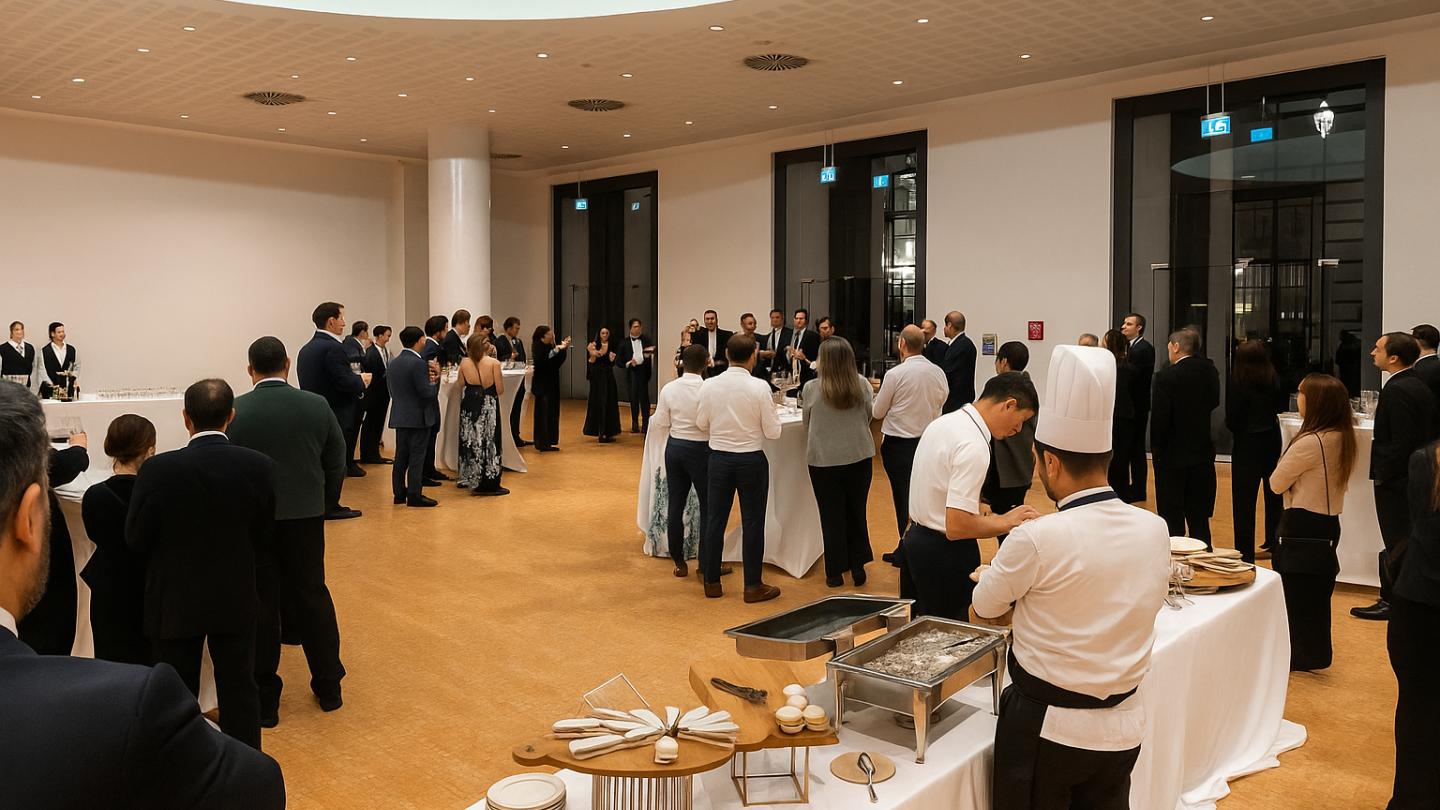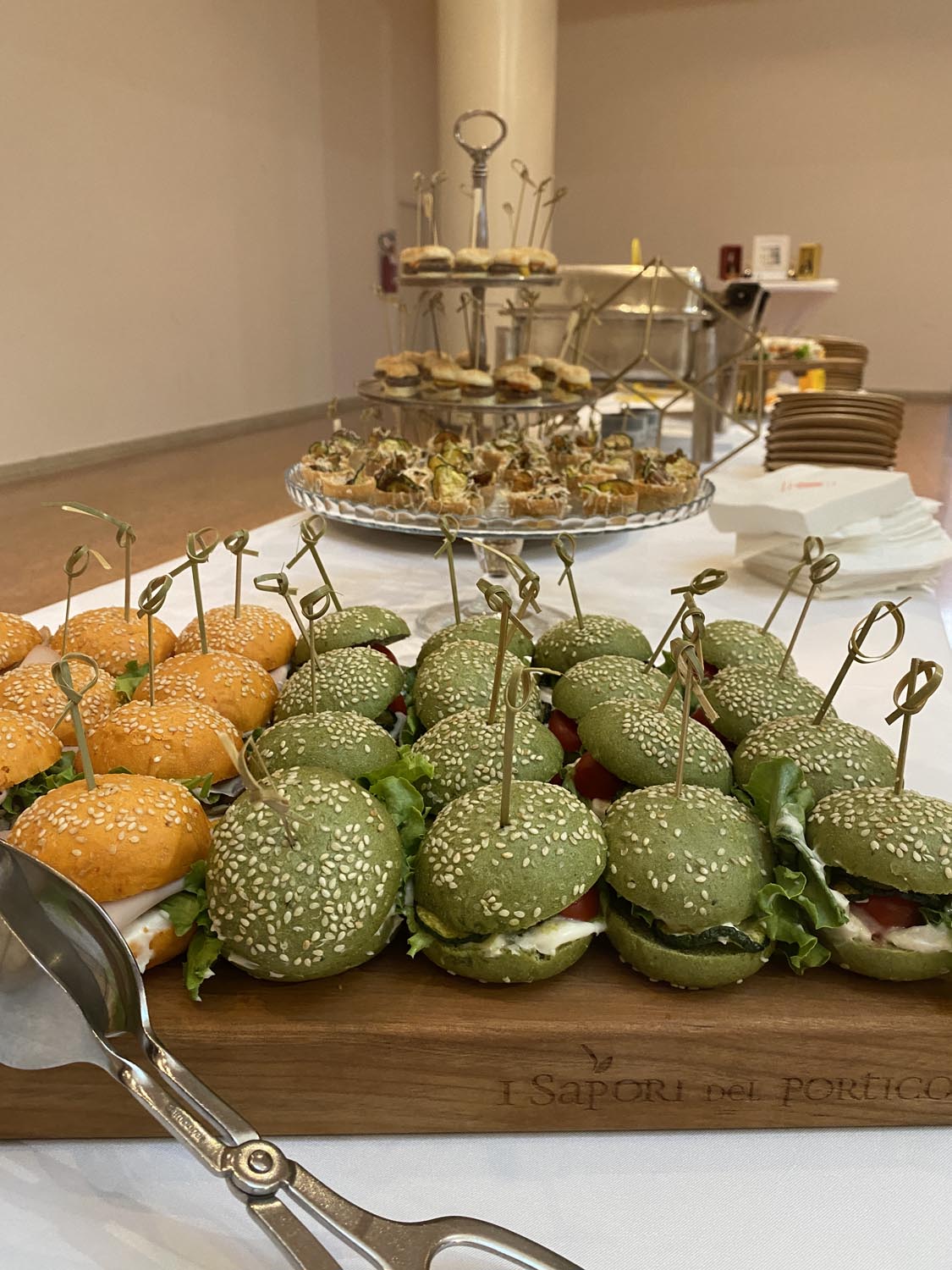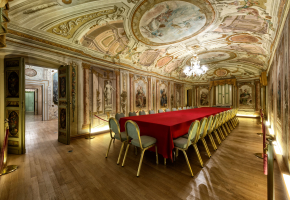
MICE
Zero-waste events: a vision of conscious hospitality

From Italy to Europe: a concrete model to reduce food waste in events
Every event holds an opportunity for encounter, connection, and shared enjoyment. Yet behind lavish buffets and elegant gala dinners lies a paradox: large quantities of perfectly good food often go unused. Today, the Italian meeting industry has turned this challenge into a virtuous action — transforming waste into a gesture of solidarity.
Food for Good: a simple idea that creates real value
Founded in 2015 through a partnership between Federcongressi&eventi, Banco Alimentare, and Equoevento, Food for Good is a project that connects catering companies with local non-profit organizations, allowing surplus food from events to be safely recovered and donated. The initiative operates in full compliance with Italian regulations — the Good Samaritan Law (155/2003) and the Gadda Law (166/2016) — and entails no additional cost for organizers.
Thanks to an efficient, well-structured system, more than 76,000 prepared meals and 5,000 kg of bread and fruit have already been redistributed to community kitchens, family homes, and shelters. A gesture as simple as it is meaningful — one that restores dignity to people, communities, and food itself.

An Italian model recognised across Europe
In 2018, Food for Good was included among the EU’s best practices by the European Platform on Food Losses and Food Waste, within the framework of the Circular Economy Action Plan. This wholly Italian project has been acknowledged not only for its effectiveness in recovering surplus food, but also for its ability to promote a culture that values food within the events sector — a replicable approach built on collaboration, responsibility, and vision.
Italy thus stands as a laboratory of initiatives that inspire the international landscape, demonstrating how responsible food management can become an integral part of event planning.
Innovation and continuity: the Second Life Menus
Over the years, Food for Good has continued to evolve, promoting new research into food preservation and experimenting with innovative formats such as the Second life menus.
These menus, designed by chefs and catering partners, aim to offer dishes that are “doubly good”: delicious, yet crafted from ingredients and preparations that preserve quality and safety for longer periods — facilitating recovery and donation.
It is a clear example of how sustainability can become a cornerstone of event catering, transforming culinary planning into an intentional and conscious act.

An invitation to shared responsibility
Adopting sustainable practices in event management is not merely an ethical choice; viewed more broadly, it reflects professionalism, innovation, and care.
The Food for Good project shows that even a small gesture — such as donating surplus food — can elevate a moment of conviviality into a tangible expression of care for people and the planet. Because hospitality, too, can be a voice for change — giving the word welcome an even deeper meaning.
📌 Learn more
Guidelines for participation, recovery procedures, and operational details are available on the official Food for Good website – Giving voice to the Italian meeting industry.
Related articles
10154
Torino (TO)

